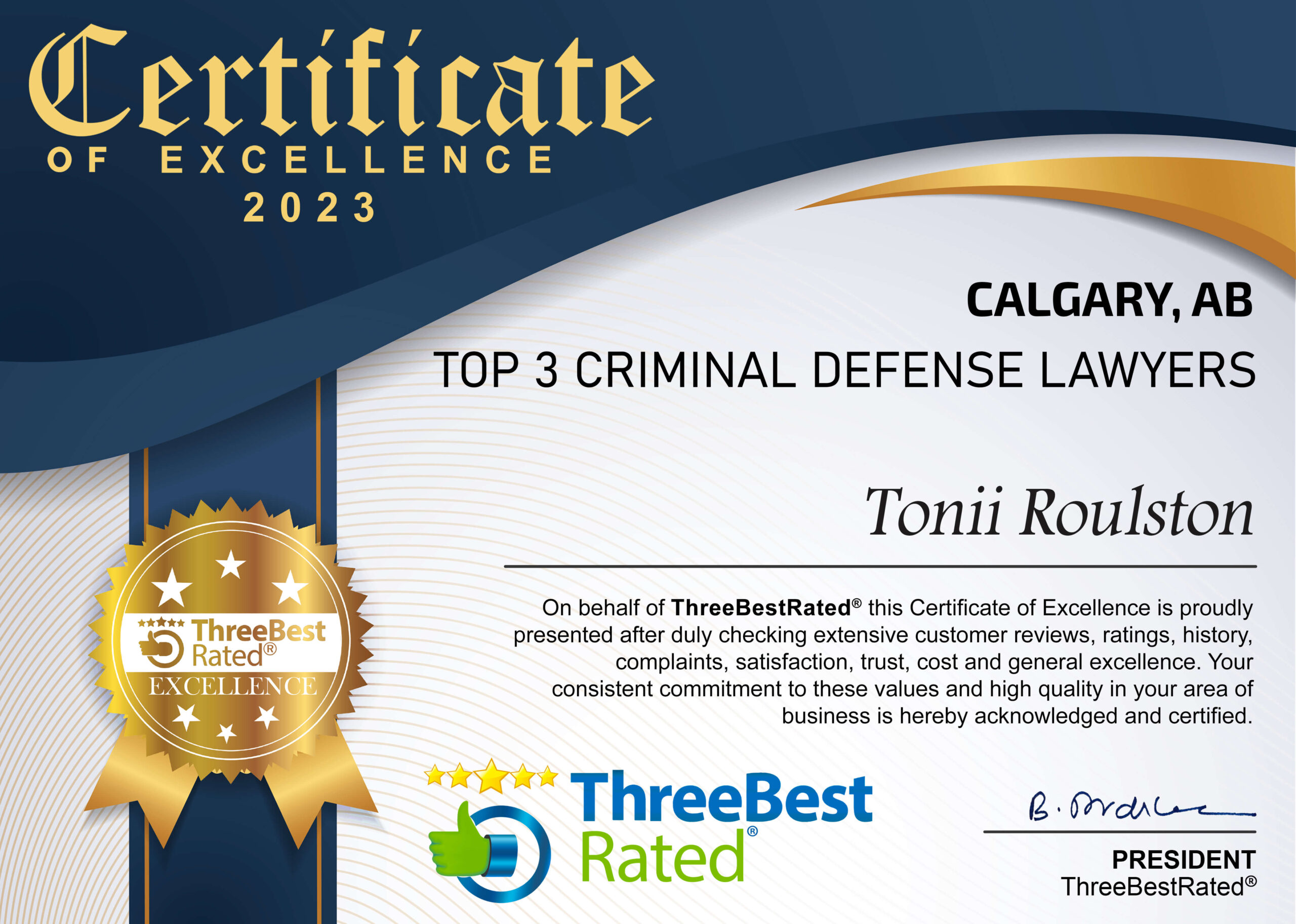The minimum criminal sentences for the conviction of child pornography are severe. This charge may include the allegation of possession, access, distribution or the making of child pornography. To investigate the charge, police may receive a search warrant and confiscate electronic devices. This may include your cellphone, computer or tablet. We understand the major impact a child pornography charge can have on your life and your relationship with your family.
If you are facing a child pornography charge, it is crucial to receive reliable legal advice from Roulston Urquhart Criminal Defence.
